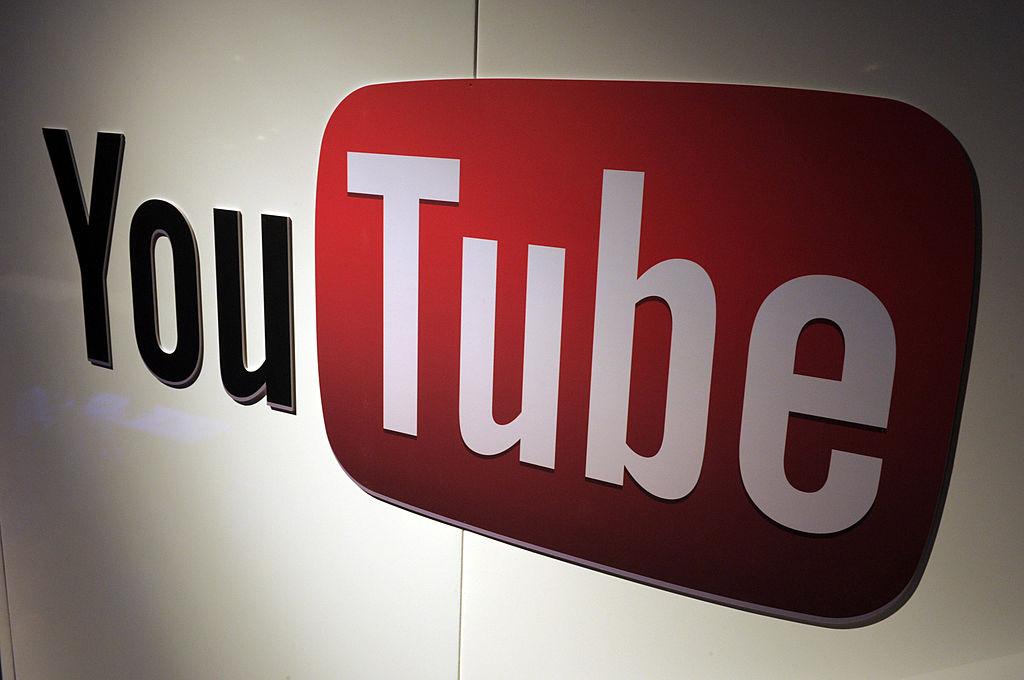A YouTube channel featuring recreational fishing videos has been demonetised by the video-sharing giant over supposed content featuring “animal abuse.”
The Australian-based content creator for Gido’s Fishing Adventures said his channel had been demonetised for a month and that he was waiting for a response from Google-owned YouTube.





